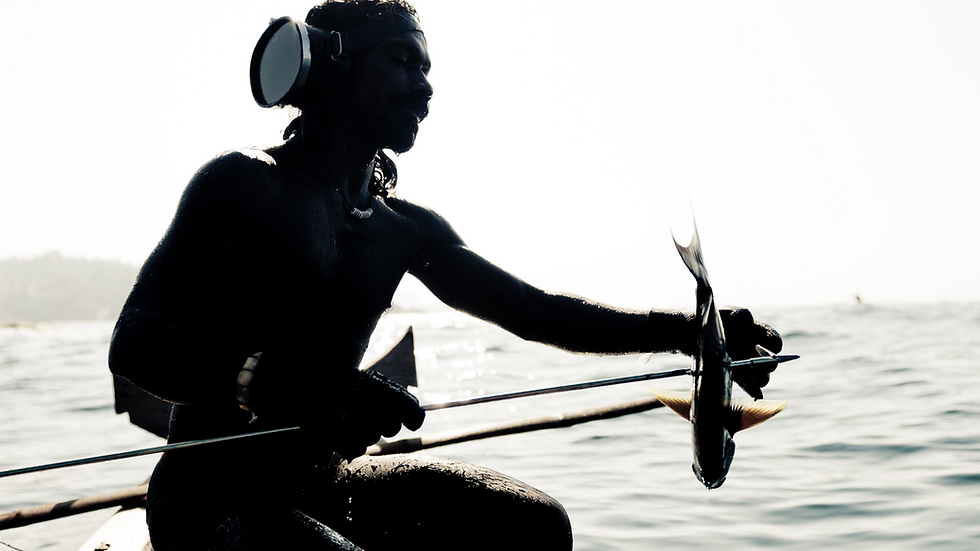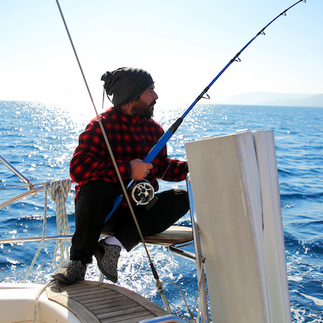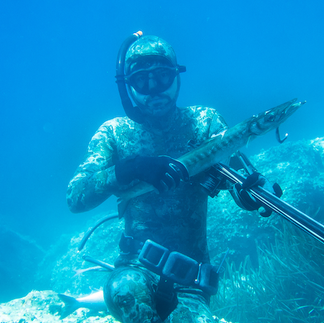Sustainable seafood
- Lucia Baranova

- May 11, 2022
- 2 min read
Eat sustainably, seasonally, and locally. These are principles many of us adopted when it comes to consuming meat, fruit, and vegetables. So why don’t we often feel the same when it comes to seafood?

The question of sustainable seafood is a very complex issue and in this article, we would like to address especially the people who have and are capable of a choice in the matter.
Let’s start with one number. Roughly 90 % of the world’s fish stocks are now fully fished or overfished according to the most recent report by the UN’s Food and Agriculture Organization (FAO).
This is caused by excessive commercial fishing to satisfy the world’s „hunger“ for seafood. This, as everything, can be changed in two ways. One is the application of legal regulations and restrictions by the governments. This way can be an effective one, but it requires time and the final regulations are a result of long stakeholder negotiations and therefore full of compromises. The second way is a change from below, which means from the people themselves. If the consumers lower their demand it won’t be necessary to continue with the fishing on today’s scale.
How can each of us contribute to helping our ocean to restore its wealth?
Making responsible seafood choices is a great way how each of us can help our oceans. If the seafood is consumed sustainably, it’s not necessary to avoid it. Here are some tips on what you should focus on.
Choose seafood that is local and seasonal for you. If possible, buy from local fishermen using the line-catch method. If you are buying fresh fish, buying it in-season means buying when it is most abundant. Local seafood also doesn’t require transportation and refrigeration and therefore is more environmentally friendly.
Ask for information. Knowing the exact species, method of fishing, and where is the seafood coming from will help you make better and more sustainable choices.
Avoid the seafood choices that are heavily overfished, slow to grow and reproduce, and environmentally destructive to raise or capture. You can check this website for recommendations for different countries: https://wwf.panda.org/act/live_green/out_shopping/seafood_guides/
If the seafood is not locally available for you, choose farmed seafood over wild catch. Keep in mind that you need to find an ECO farm that is not using unsustainable fish food to feed the animals (one of the biggest contributors to the decline in wild fish stocks). The most sustainable farmed fish to eat are vegetarian fish such as tilapia or carp.
Individual choices do make a difference.
























Comments